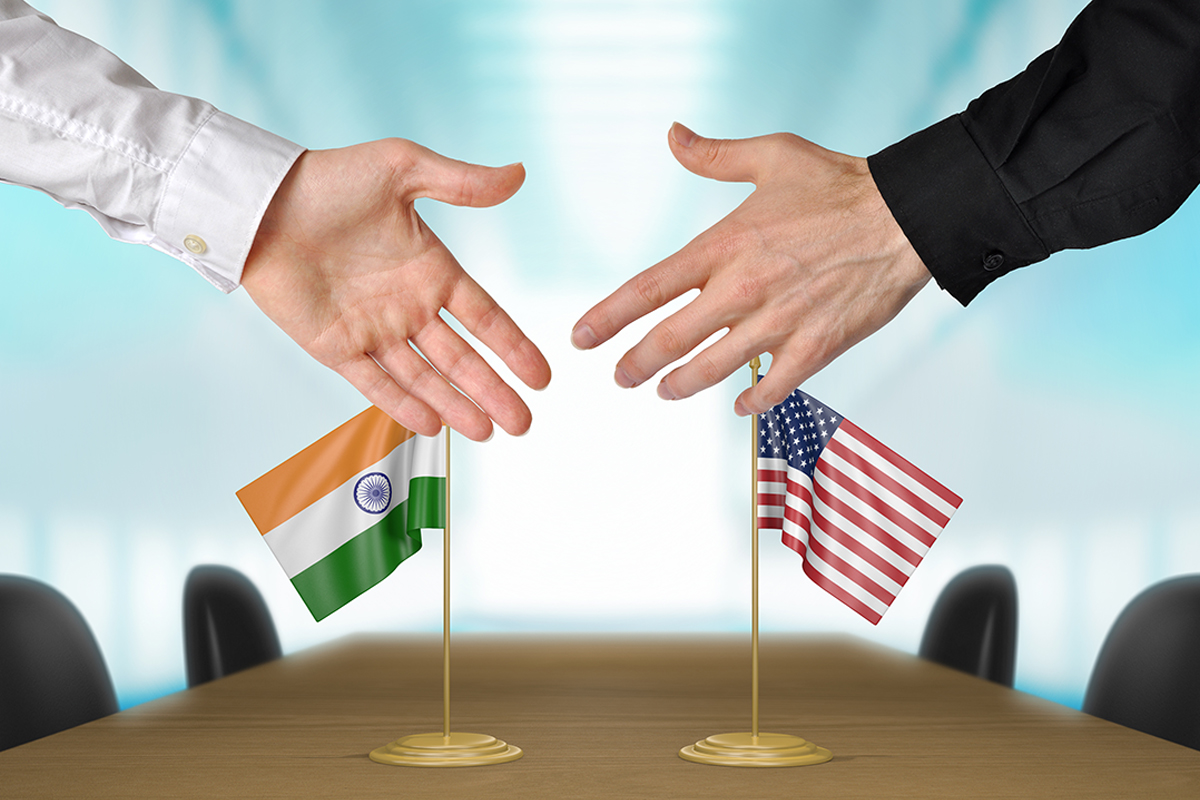Indian Prime Minister Narendra Modi, a popular yet divisive figure domestically, arrived at the White House this week for a state visit. This ceremonial affair necessitated President Joe Biden to navigate through various diplomatic trade-offs.
Despite Western concerns regarding Modi’s tilt towards autocracy, demonstrated by his stringent control over dissent, media, and policies purportedly discriminating against Muslims, the Indian PM’s visit was crucial. India’s recent ascent as the world’s most populous nation and its pivotal role in Biden’s Asian strategy make addressing global challenges from climate change to technological advancements indispensable.
Officials cite these considerations as the primary motive behind extending the state visit invitation to Modi, marking only the third of such events under Biden’s presidency.
The ceremonious welcome at the White House involved marching troops on the South Lawn, extensive Oval Office discussions, and a state dinner accommodating Modi’s vegetarian diet, signifying the high regard for American friendship.
In his elaborate welcome speech, Biden emphasized the defining role of the US-India relationship in the 21st century while underscoring the importance of shared values for a progressive alliance.
Despite initial resistance from Indian officials, a joint press conference is set to occur – a regular feature of state visits in recent decades. However, the traditional format has been modified to a “one-and-one” scenario where each leader will call upon a single reporter from their respective press corps.
The high-profile meetings aim to foster technology and defence cooperation agreements, underscoring Biden’s ambition to solidify relationships in a region overshadowed by Beijing’s increasing dominance. Russia’s ongoing war in Ukraine and India’s ambiguous stance on it, characterized by its sustained purchase of Russian oil, are likely to be key discussion points.
As PM Modi prepares to address Congress during his visit, several lawmakers and human rights groups are urging Biden to raise concerns about Modi’s track record. The Indian leader, however, is not unfamiliar with such scrutiny, having faced similar criticism under President Obama’s and President Trump’s administrations.
Biden’s foreign policy, centred around the conflict between “democracy and autocracy,” finds a relevant test case in India. Modi’s Bharatiya Janata Party (BJP) has been criticized for its Hindu nationalist politics and its clampdown on dissent, concerns that human rights groups expect to be raised during Modi’s White House visit.
In light of China’s expanding influence, the state visit will feature announcements regarding technological collaborations and defence cooperation, including India’s commitment to purchase MQ-9B SeaGuardian drones and a joint production of F414 jet engines by US manufacturer GE and state-owned Hindustan Aeronautics.
Other expected announcements include India’s participation in the US-led Artemis Accords, a joint mission to the International Space Station in 2024, and establishing of a new semiconductor assembly and test facility by US-based Micron Technology in India.
The leaders are also expected to enhance educational exchanges, advance on visas and diplomatic presence, and discuss the agenda for the upcoming G20 summit, which India is set to host in September.
As both countries navigate the complexity of China’s growing influence, Biden’s attempt to solidify ties with India is under the spotlight. However, officials assert that the state visit’s focus extends beyond China, although its role in the military, technology, and economic domains will inevitably be part of the discussion.
The state visit shows the evolving dynamic between the U.S. and India, the world’s two largest democracies. The partnership’s direction will have far-reaching implications as they tackle global challenges ranging from climate change to geopolitical instability. Both nations’ shared values and common interests will undoubtedly play a significant role in shaping this relationship amidst a rapidly changing global landscape.







